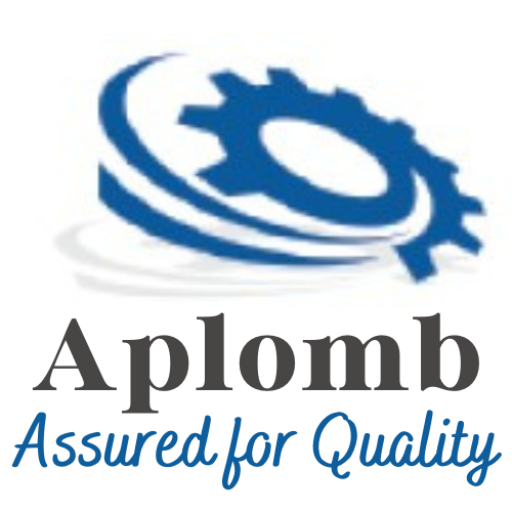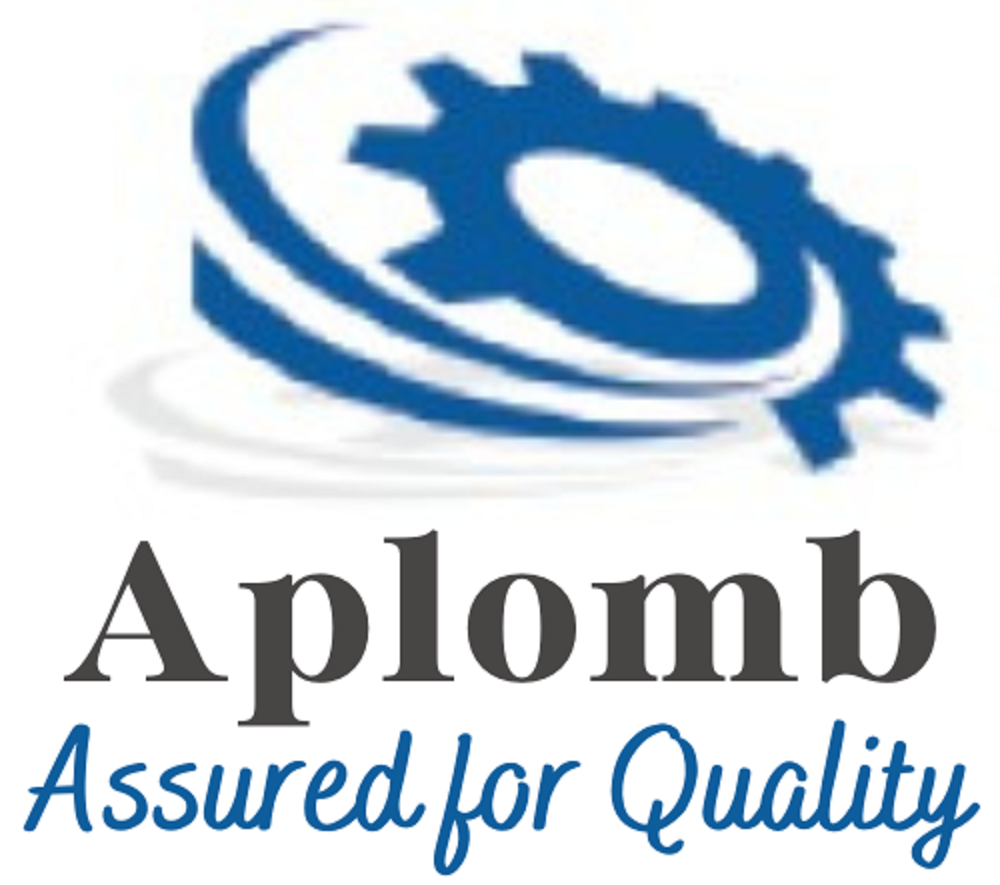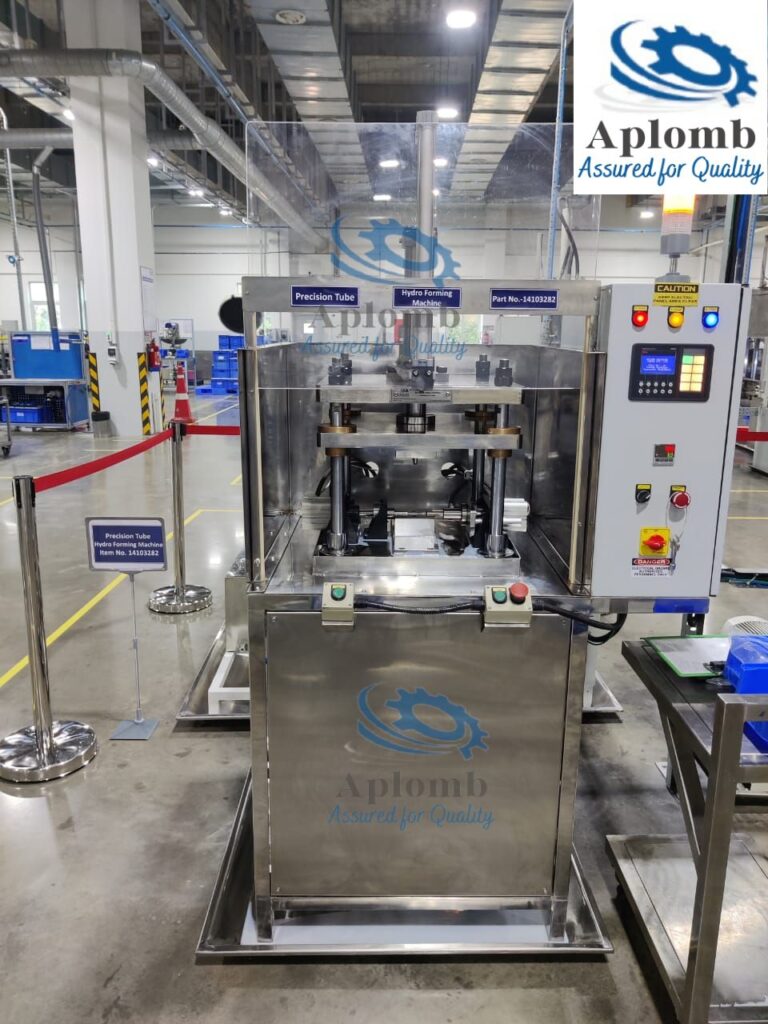Hydro Forming Machine Manufacturer
Hydro forming machine are used in manufacturing metal parts, especially in the automotive industry. This machine uses high-pressure fluid to form metal into a desired shape. The process involves filling a metal tube with water or other fluids and applying high pressure to form the metal into the desired shape. This process results in parts with consistent quality and strength and is often used for complex shapes that cannot be produced using other methods. The use of hydroforming machines has significantly reduced the cost of production and improved the efficiency of metal part manufacturing.
- Forming capacity: The forming capacity of a hydroforming machine is typically measured in terms of the maximum blank size and thickness it can accommodate. The machine should be able to handle the size and thickness required for the specific application.
- Pressure range: The tube hydroforming process can generate a range of pressures, depending on the model and design. The pressure range should be sufficient for the material and size of the formed part.
- Control system: Hydroforming machines may have manual, semi-automatic, or fully automatic control systems. The control system determines the level of operator intervention required during the forming process.
- Safety features: Hydroforming machines should have safety features, such as emergency stop buttons, interlocks, and guards, to protect operators and prevent accidents.
- Tooling: Hydroforming machines require tooling, such as punches and dies, to shape the material. The tooling should be designed for the specific application and material being formed.
- Material compatibility: Hydroforming machines can work with various types of materials, such as stainless steel, aluminum, and other metals. The machine should be able to accommodate the material thickness and diameter required for the specific application.
- Accuracy and repeatability: Hydroforming machines should be able to produce parts with high accuracy and repeatability to meet the required specifications and standards.
- Maintenance requirements: Hydroforming machines require regular maintenance to ensure they operate efficiently and safely. The maintenance requirements may vary depending on the machine type and design.
- Cost: Hydroforming machines can vary in cost depending on their features and specifications. The cost should be considered along with other factors such as production volume and quality requirements.
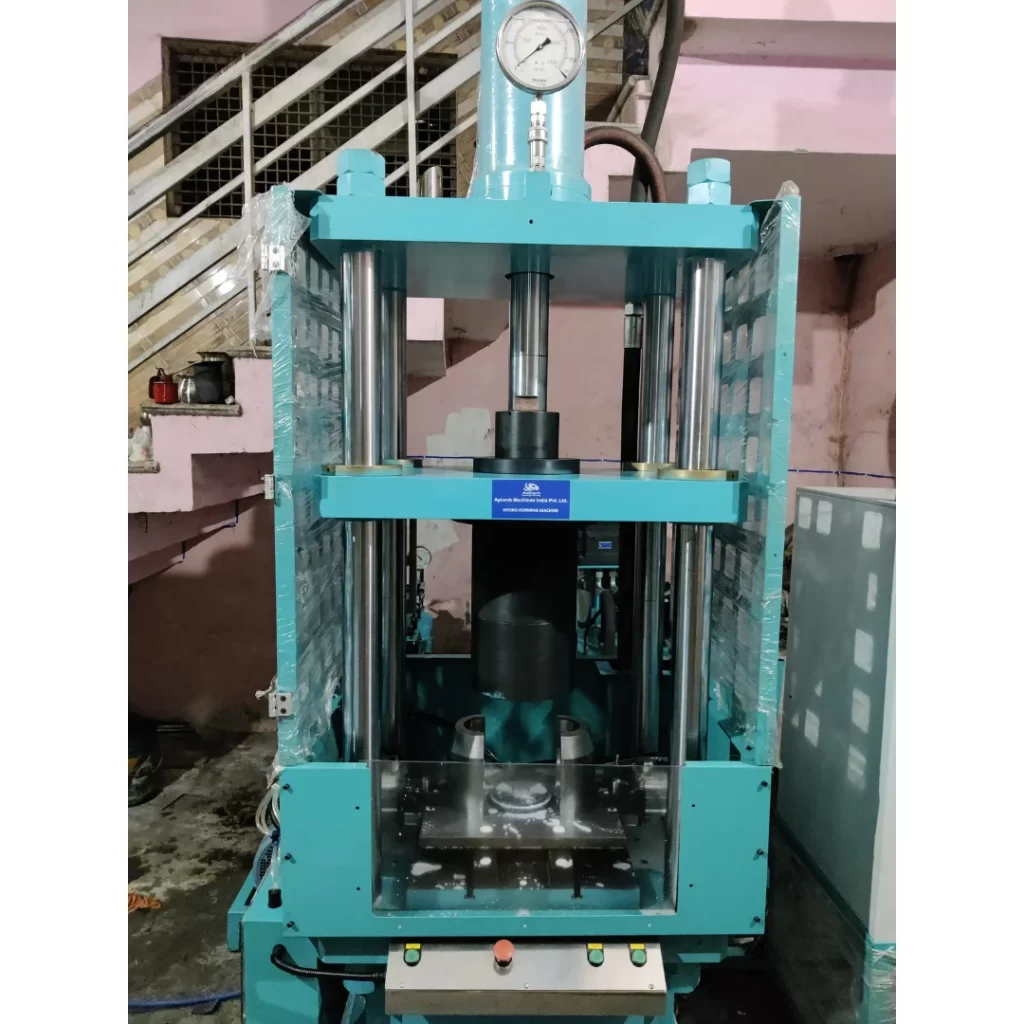
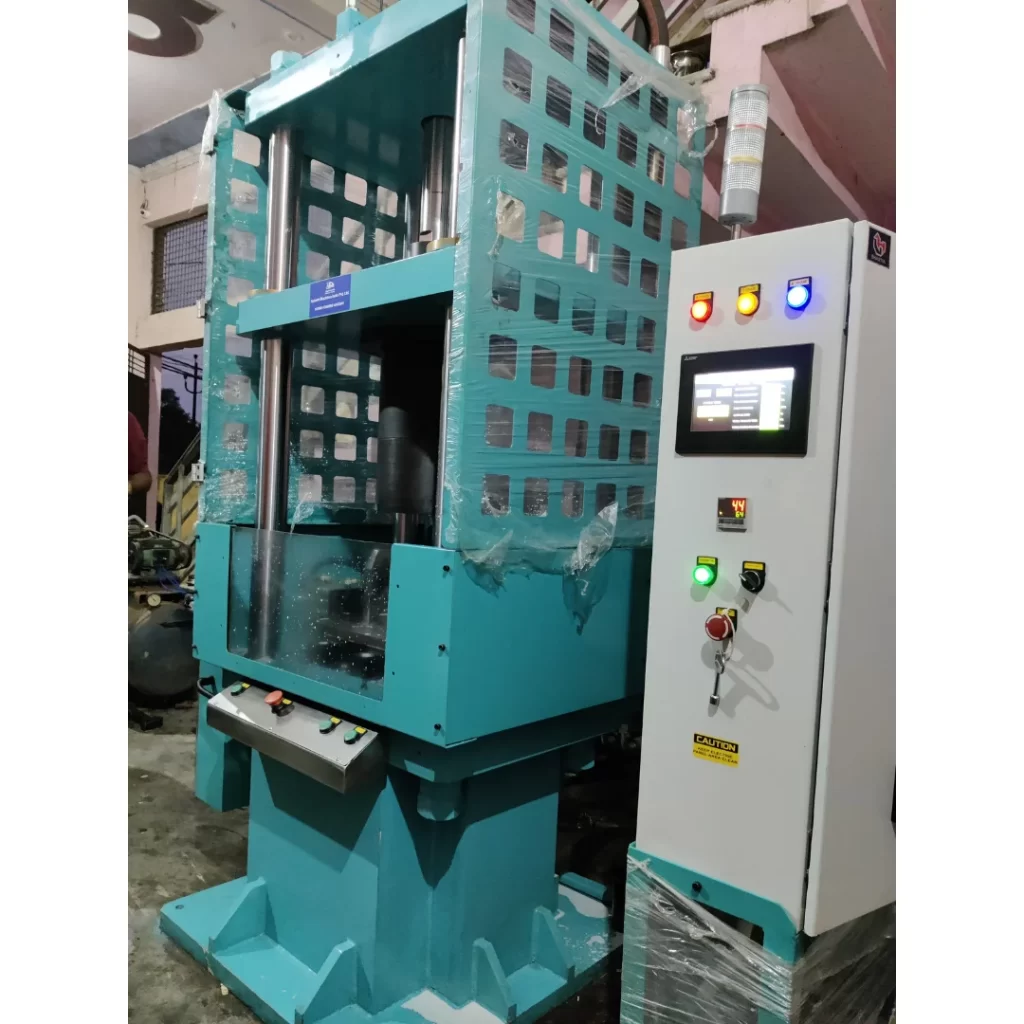
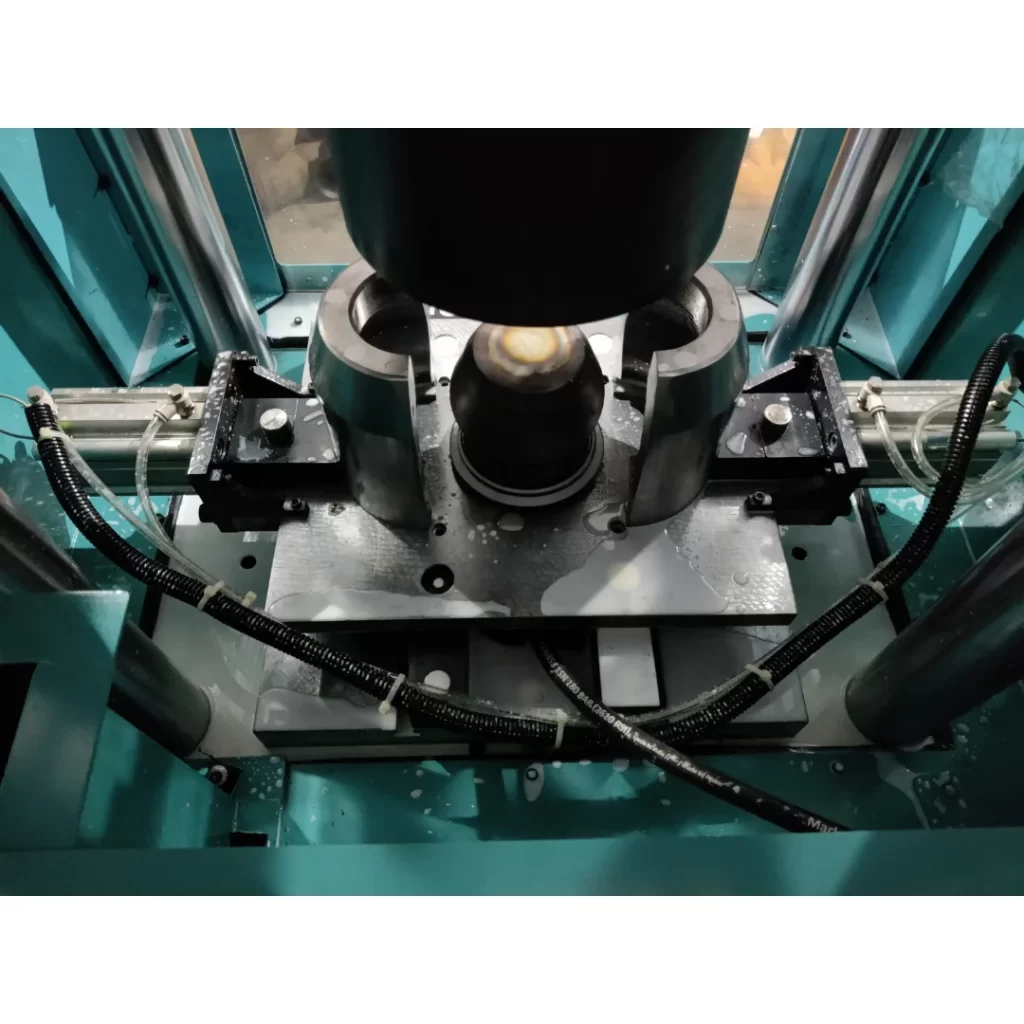
Frequently Asked Questions :
These machines employ a range of testing methods, including pressure decay, vacuum decay, and helium leak testing, to identify leaks or defects in products.
Hydroforming is compatible with a wide range of metals, including aluminum, stainless steel, brass, and more.
Yes, Hydroforming is adaptable to various production scales, making it viable for both large and small manufacturers.
Yes, Hydroformed parts can be recycled, contributing to sustainable production practices.
Hydroforming Machines are designed for user-friendliness and require minimal maintenance, provided they are used correctly.
Yes, most Hydroforming Machine manufacturers offer comprehensive warranties to ensure the machine’s long-term reliability.
